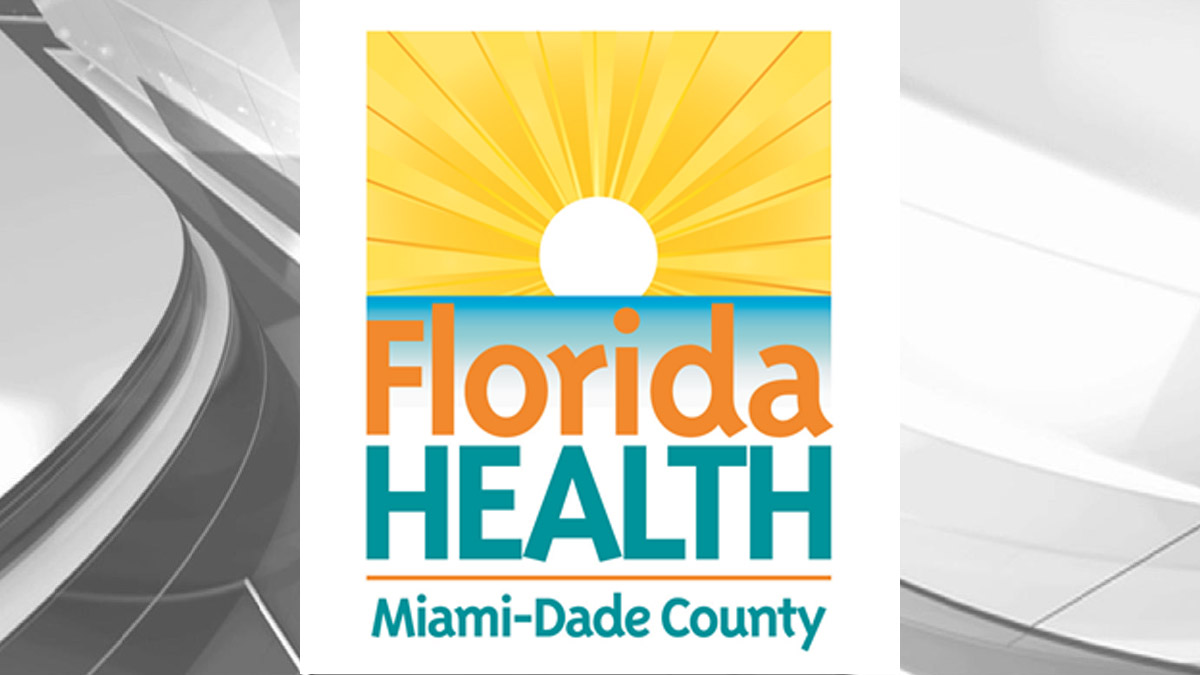A South Florida mother and doctor spoke to NBC6’s Julia Bagg and Marissa Bagg about the symptoms of norovirus and how to prevent what could turn into a dangerous situation.
The gastrointestinal illness known as norovirus is surging in South Florida, and the U.S. Centers for Disease Control and Prevention report outbreaks are on the rise this season compared to recent years.
The stomach bug was the reason playtime came to an abrupt end for two brothers in February, when they got sick one right after the other.
Watch NBC6 free wherever you are
Blanca Sanchez said her 5-year-old complained of a stomach ache one night and the next day, he and his 11-year-old brother suffered from diarrhea and vomiting, two of the most common symptoms of the virus.
"The part more difficult to me as a mom is to see they fell so fast, I feel so bad for them," she said.
Get local news you need to know to start your day with NBC 6's News Headlines newsletter.
Norovirus causes acute gastroenteritis, an inflammation of the stomach or intestines, the CDC says.
In the case of Sanchez's boys, their symptoms got so intense, she took both to Nicklaus Children’s Hospital so doctors could treat them for dehydration.
Ricardo Paneque, nurse practitioner at Dr. Goodprice in Little Havana, said parents should pay close attention if their children show signs of norovirus and can’t keep liquids down.
Health
"If you lost the ability to hydrate orally, you need to go to the hospital, because the process is very fast, it’s very acute," he said.
According to the non-profit group Wastewater Scan, data shows there are high levels of norovirus in the wastewater in Miami-Dade county over the last three weeks.
The CDC said Florida ranks second in the nation when it comes to the norovirus, with 24 confirmed outbreaks since December.
"That’s the thing about viruses," Paneque said. "Once they start spreading, it’s really hard to control."
The best defense is good hand hygiene, specifically handwashing. It's important to note that hand sanitizer does not kill norovirus, and you need to thoroughly wash your hands with soap and water.
The CDC says most people with norovirus get better within 1 to 3 days, but they can still spread the virus for a few days after.
Thankfully for Sanchez, she and her daughter didn’t get sick, and although her husband caught the stomach bug, it was a mild case. Her sons are much better now, and she prays this was their first and last time having norovirus.



